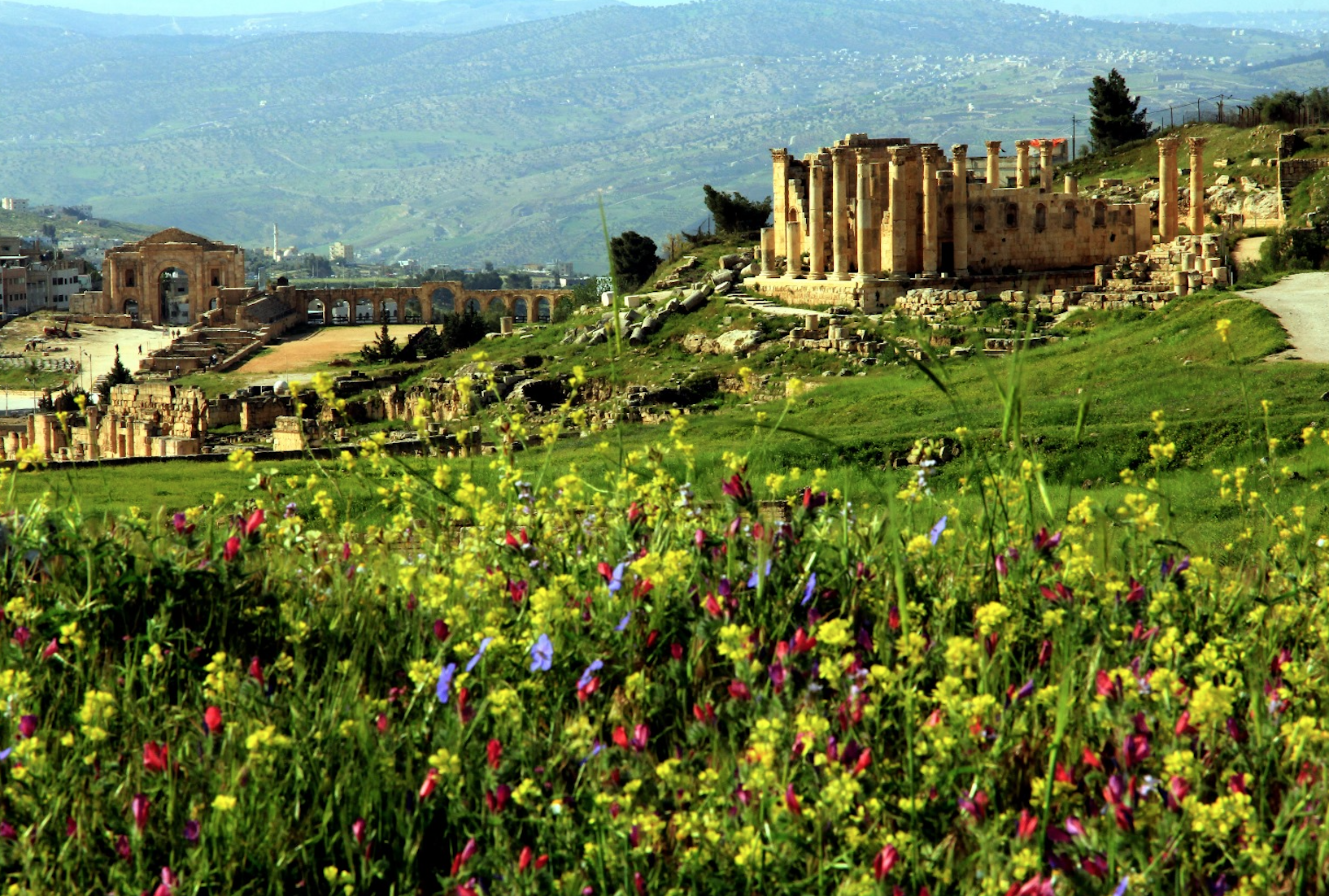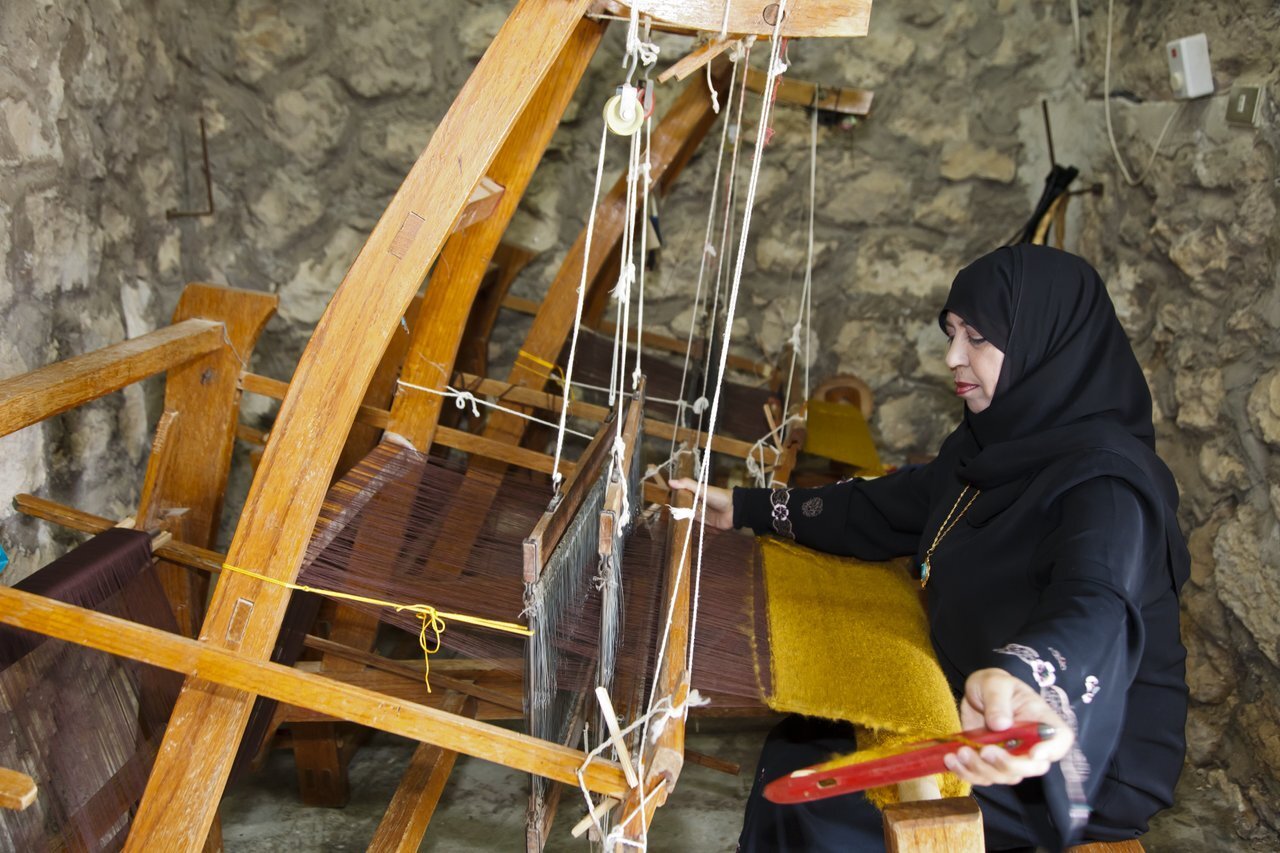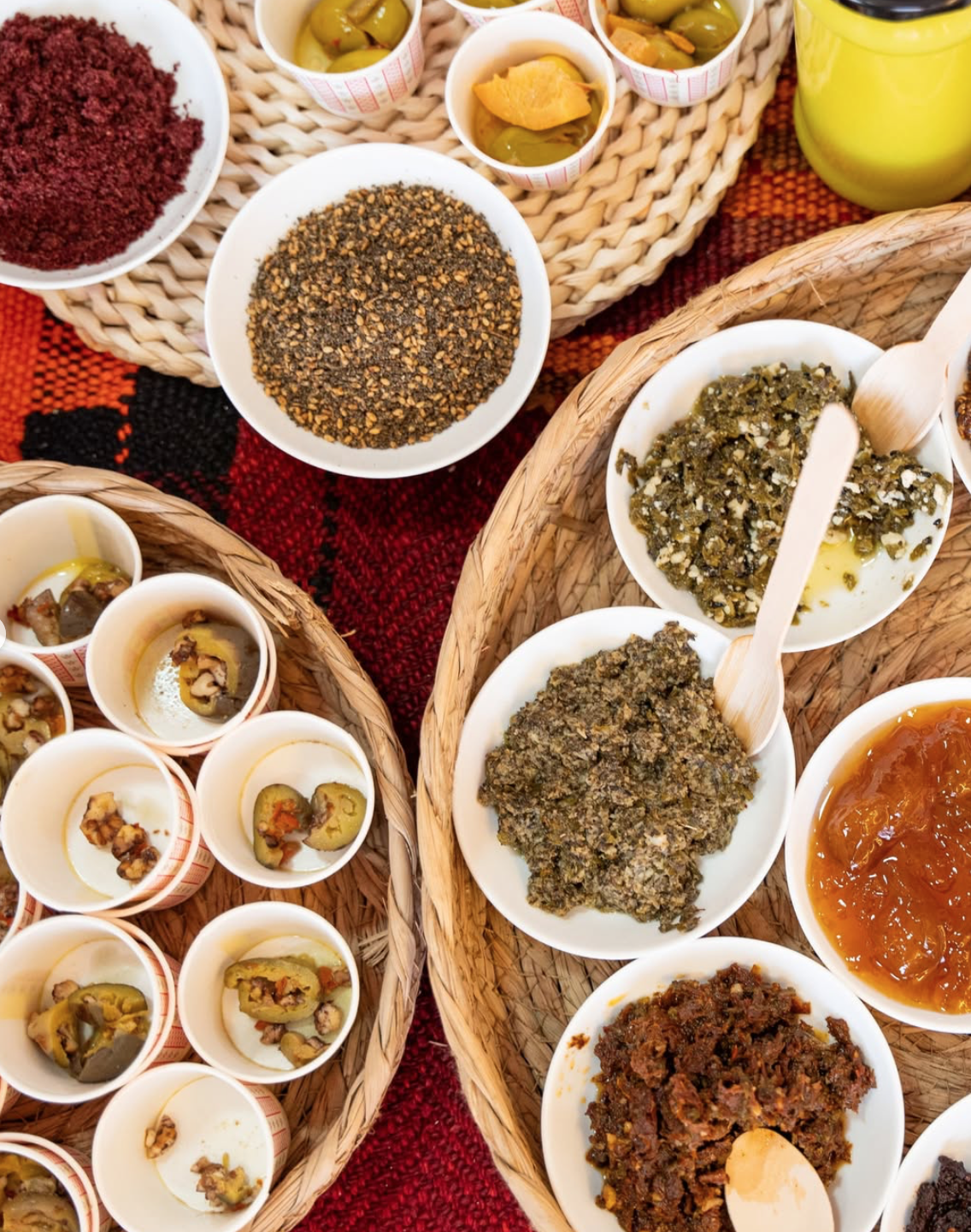For years, countries across the globe have been talking about sustainability, and Jordan is no different. Many restaurants and companies have implemented sustainable practices and initiatives in Jordan to further support local products and the environment.
Here is a roundup of some of our favorite sustainability-focused spots in the kingdom.
A renovated old house in the city of Madaba is now a female-led farm-to-table restaurant that is favored for being a “community kitchen, café, and cultural space” and focuses on uniting Jordan’s local farmers, food artisans, and chefs. The restaurant’s produce is harvested by local farmers with the goal of creating a more organic approach to Jordan’s crop cultivation.

(Photo Source: Carob House Instagram)
Clara Water was launched in 2017 to address Jordan's single-use plastic waste problem by delivering water in reusable glass bottles of various sizes. The company’s water comes from Um Al Basateen, a water source located in Jordan. Clara Water has become a main supplier of water in restaurants and cafes across the kingdom. For any bottles that are broken, the company ships it to the its glass manufacturer to be recycled back into bottles
Located in the Dead Sea valley, Dar al Shouneh offers Jordanian cuisine with many dishes directly sourced from their permaculture gardens. The restaurant has a partnership with the “Greening the Desert Project” which aims to demonstrate how sustainable living and food production systems can “empower local communities, provide resilience and sustainable economic growth, whilst nurturing the environment.” It is opened seven days a week for visitors to enjoy authentic and traditional dishes.

(Dar al Shouneh Garden, Photo Source: Greening the Desert Project Instagram)
A rustic restaurant in Jordan’s Dead Sea area where traditional food and sustainability meet. In addition to serving delicious, local dishes, the restaurant uses organic crops that are grown on-site using hydroponic farming methods. Additionally, it uses a machine that generates organic methane gas from leftover food, which is also used to power the restaurant. The restaurant includes a shop in which local women produce handcrafted products and homemade food items.

(Photo Courtesy: Beit Sweimeh Instagram)










